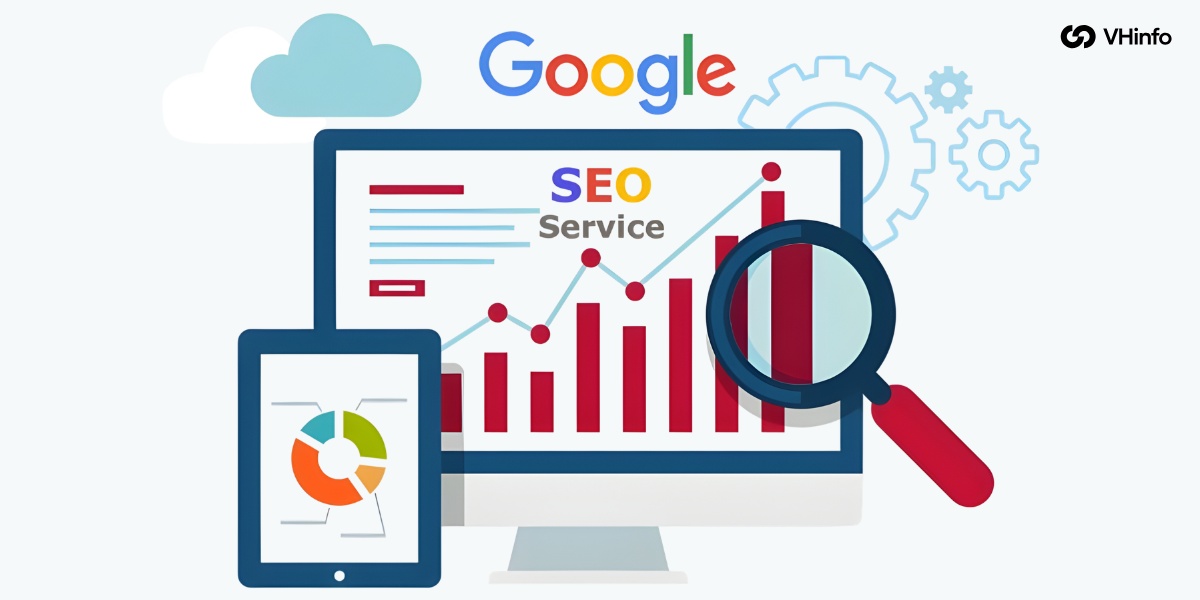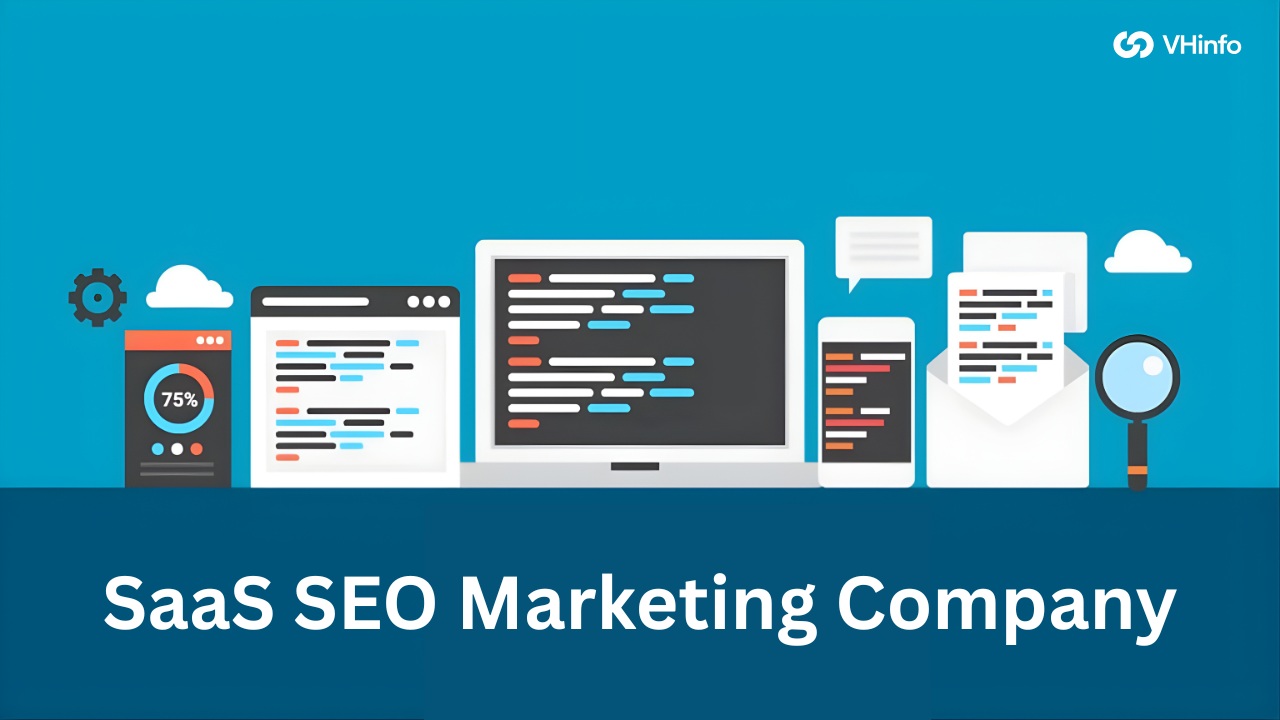The bigger a company gets, the larger its goals: more content to be produced, more leads to generate, more cold calls to make, more contacts to manage, etc. However, there’s only so much that marketers can do. That’s why marketing automation tools are a game-changer.
These tools serve as digital maestros, automating repetitive tasks across various channels, from email campaigns to social media posts. By harnessing the power of targeted workflows and data-driven insights, marketing automation not only saves valuable time but also cultivates personalized interactions, nurtures leads, and drives conversions.
In this article, we’ll explore how automation is used in marketing, when and when not to use marketing automation tools, the best marketing automation tools for specific use cases, and how to choose the right marketing automation tool for your business.
How is automation used in marketing?
Automation, in marketing, involves the use of technology to automate and streamline repetitive tasks. This frees up time for marketers to focus on more strategic and creative aspects of their work.
Here are several ways automation is commonly used in marketing:
- Email marketing campaigns. When implementing your email marketing campaigns, you can set up automated email sequences that deliver targeted content to your subscribers at predetermined times. You can also use automation to deliver emails to different email list segments based on user behavior, preferences, or demographics.
- WhatsApp Marketing: It helps businesses boost engagement by sending personalized messages at scale. Tools like WhatsApp Bulk Message simplify outreach, while the WhatsApp Business API ensures seamless integration and automation.
- Social media management. Marketing on social media involves posting quite a lot of content across your social media profiles. Automation tools can help you plan and schedule social media posts in advance to maintain a consistent online presence. A social media scheduling tool can help you plan and schedule posts in advance to maintain a consistent online presence. You can also automate monitoring for brand mentions and relevant keywords on social media.
- Lead generation. You can implement automated forms and landing pages to capture user data and generate leads. After generating leads, an automation tool can assign scores to these leads based on their interactions with your brand, which helps you know whom to target.
- Customer Relationship Management (CRM). Excel sheets are no longer sufficient for managing customers and prospects. Nowadays, people use CRM tools, which automate the input of customer data into CRM systems, ensuring accuracy and saving time. These tools also automatically segment contacts based on their behavior, demographics, and other predefined criteria.
- Content marketing. Some automation tools automate the distribution of blog posts, articles, or other content across different platforms. These tools can also discover and share relevant content automatically with your audience.
- eCommerce. If you run an eCommerce store, you can use automation tools to send emails to users who have abandoned their shopping carts. These tools can also suggest products to customers based on their previous buys and behavior.
- Workflow automation. Project management tools with automation features can automate the assignment of tasks to team members based on predefined criteria. They can also streamline approval workflows for marketing materials and campaigns. Incorporating IT Process Automation into these workflows ensures seamless integration across systems, reducing manual intervention and improving efficiency.
- Analytics and reporting. You can use automation to gather and analyze data from different marketing channels to gain insights into how effective your campaign is. You can also set up automated reporting systems to generate regular, customized reports for key stakeholders. Additionally, you can leverage powerful AI powered tools to swiftly create performance presentations, saving valuable time and resources.
When is marketing automation valuable?
Marketing automation is valuable in different situations, regardless of the size and industry of the business. Here are some of those situations:
- Lead nurturing. When you have a large number of leads, marketing automation helps nurture them through the sales funnel by delivering targeted content to them at the right time. This allows you to build firm relationships with leads until they’re ready to make a purchasing decision.
- Scalability. As your business grows, managing marketing tasks manually becomes increasingly difficult. Automation allows you to scale your marketing efforts without a proportional increase in workload.
- Repetitive tasks. Automation can take care of repetitive and time-consuming tasks, such as sending routine emails, posting on social media, or data entry. This frees up valuable time for marketing professionals.
- Multi-channel marketing. If your marketing strategy spans multiple channels (email, social media, web, etc.), automation ensures a consistent and coordinated approach across these platforms.
- Lead scoring and segmentation. If you have a large database of viable leads, automation can help score them based on their engagement and segment them for more targeted and effective communication.
- Time-sensitive campaigns. If you have to execute a campaign in a short timeframe— such as launching a product, event, or limited-time offer—automation ensures timely execution and reduces the risk of manual errors.
- Alignment with sales teams. When there’s a need for better alignment between your marketing and sales teams, automation can facilitate the seamless transfer of leads and information from marketing to sales, ensuring a cohesive approach to customer engagement and lead generation.
- Testing and optimization. If you want to conduct A/B tests or other optimization experiments, automation tools can help you manage and analyze these tests efficiently.
When & when not to use marketing automation tools
For all the advantages of marketing automation, there are times when you shouldn’t use it, as it will either be counterintuitive or cause you to lose—or both. Here’s a quick rundown of when and when not to use marketing automation tools.
When you should use marketing automation tools
You should use marketing automation tools if:
- You have a sizable pool of leads that need to be nurtured through the sales funnel.
- Your marketing efforts need to scale efficiently without a proportional increase in manual work.
- You’re engaging in marketing across various distribution channels (email, social media, web, etc.).
- You want to personalize marketing messages and assets based on user behavior, preferences, or interactions.
- You have to execute the campaign in a timely manner.
- You need to send abandoned cart emails, personalized product recommendations, and execute customer retention campaigns.
- You need detailed analytics and reporting to accurately assess campaign performance and make data-driven decisions.
When you should NOT use marketing automation tools
You shouldn’t use marketing automation tools if:
- Your marketing strategy relies heavily on unique, one-off content, instead of templates or standardized messaging.
- Your customers need a high-touch, personalized sales approach to convert.
- There’s no well-defined marketing strategy in place, as this can lead to inefficiencies and suboptimal results.
- Your sales cycles are highly complex and involve intricate negotiations and nuanced decision-making processes that automation may struggle to handle.
- Your customer data is incomplete, outdated, or inaccurate.
- Your marketing messages change frequently or require real-time adjustments.
- You have severe budget constraints, and the initial investment, as well as the ongoing costs of automation, may outweigh the benefits.
Best marketing automation tools for every process
We’ve now covered several use cases for marketing automation. Here are some tools that fit those use cases:
All-in-one marketing automation
1. Marketo
 Marketo, now a part of Adobe, is a comprehensive marketing automation platform designed to help enterprise-level businesses collect and manage leads, send emails, and study analytics. Marketo’s automation and AI capabilities allow organizations to nurture leads and prospects across all channels, build predictive audiences and segments, and accelerate the customer experience.
Marketo, now a part of Adobe, is a comprehensive marketing automation platform designed to help enterprise-level businesses collect and manage leads, send emails, and study analytics. Marketo’s automation and AI capabilities allow organizations to nurture leads and prospects across all channels, build predictive audiences and segments, and accelerate the customer experience.
Some notable features of Marketo include:
- Automated drip campaigns
- Execution of marketing campaigns, including digital advertising and social media
- In-depth analytics and reporting features
- Personalization of marketing messages
- Customizable landing pages and forms for lead generation
- Social media scheduling
- Predictive analytics and insights
- Account-based marketing
- Third-party integration
2. Zapier
 Zapier is a versatile automation tool that allows you to integrate the tools in your tech stack with one another, facilitating workflow automation across platforms. This tool gives you access to over 7,000 applications and allows you to create customized workflows (called Zaps) to automate repetitive tasks and data transfer between different tools.
Zapier is a versatile automation tool that allows you to integrate the tools in your tech stack with one another, facilitating workflow automation across platforms. This tool gives you access to over 7,000 applications and allows you to create customized workflows (called Zaps) to automate repetitive tasks and data transfer between different tools.
In addition to Zaps and its extensive library of supported apps, other key features of Zapier include:
- Triggers and actions
- Multi-step Zaps for complex workflows
- Conditional logic which allows for decision-making within the workflow
- Filtering and formatting
- Error monitoring and reporting to help users find and fix issues in their automation workflows
Customer Relationship Management
3. HubSpot
 HubSpot offers a comprehensive suite for inbound marketing, including email marketing, CRM, and social media management. With a user-friendly interface, it allows businesses to create, automate, and analyze marketing campaigns seamlessly. The CRM integrates smoothly with other marketing tools, providing a unified system for managing leads, contacts, and customer interactions.
HubSpot offers a comprehensive suite for inbound marketing, including email marketing, CRM, and social media management. With a user-friendly interface, it allows businesses to create, automate, and analyze marketing campaigns seamlessly. The CRM integrates smoothly with other marketing tools, providing a unified system for managing leads, contacts, and customer interactions.
Some features of HubSpot include:
- Unique inbound marketing capabilities, such as tools for content creation, SEO optimization, and social media management
- A/B testing and analytics to optimize your email strategies
- Robust CRM system that centralizes customer information, interactions, and deals. This system offers features for tracking leads, managing contacts, and automating tasks
- Create automated workflows for lead nurturing, segmentation, and personalized marketing campaigns
- Flexible content management system (CMS) for building and managing websites, and uploading content
- Social media scheduling
- Comprehensive analytics and reporting tools across marketing, sales, and customer service
- Lead capture forms
- Extensive learning resources, including the HubSpot Academy, which is filled with training courses, certifications, and educational content on marketing, sales, and customer service
4. Salesforce
 Salesforce is a cloud-based CRM platform that provides a centralized database to store and manage customer information, including contacts and accounts, to ensure that teams have a unified view of customer interactions and can track communication history effectively. It’s a powerful tool for organizations across various sectors, including nonprofits. Salesforce nonprofit consultants often help tailor these features specifically for charitable organizations, optimizing donor management and fundraising efforts.
Salesforce is a cloud-based CRM platform that provides a centralized database to store and manage customer information, including contacts and accounts, to ensure that teams have a unified view of customer interactions and can track communication history effectively. It’s a powerful tool for organizations across various sectors, including nonprofits. Salesforce nonprofit consultants often help tailor these features specifically for charitable organizations, optimizing donor management and fundraising efforts.
This platform also automates repetitive sales tasks, such as lead assignments, follow-up reminders, and email notifications. You can create automated workflows to streamline internal processes, too. This includes automating approvals, sending notifications, and updating records based on predefined rules.
Other features of Salesforce include:
- Lead scoring and forecasting
- Robust analytics and reporting tools
- Predictive analysis
- Third-party app integrations
- Mobile app
5. Tidio
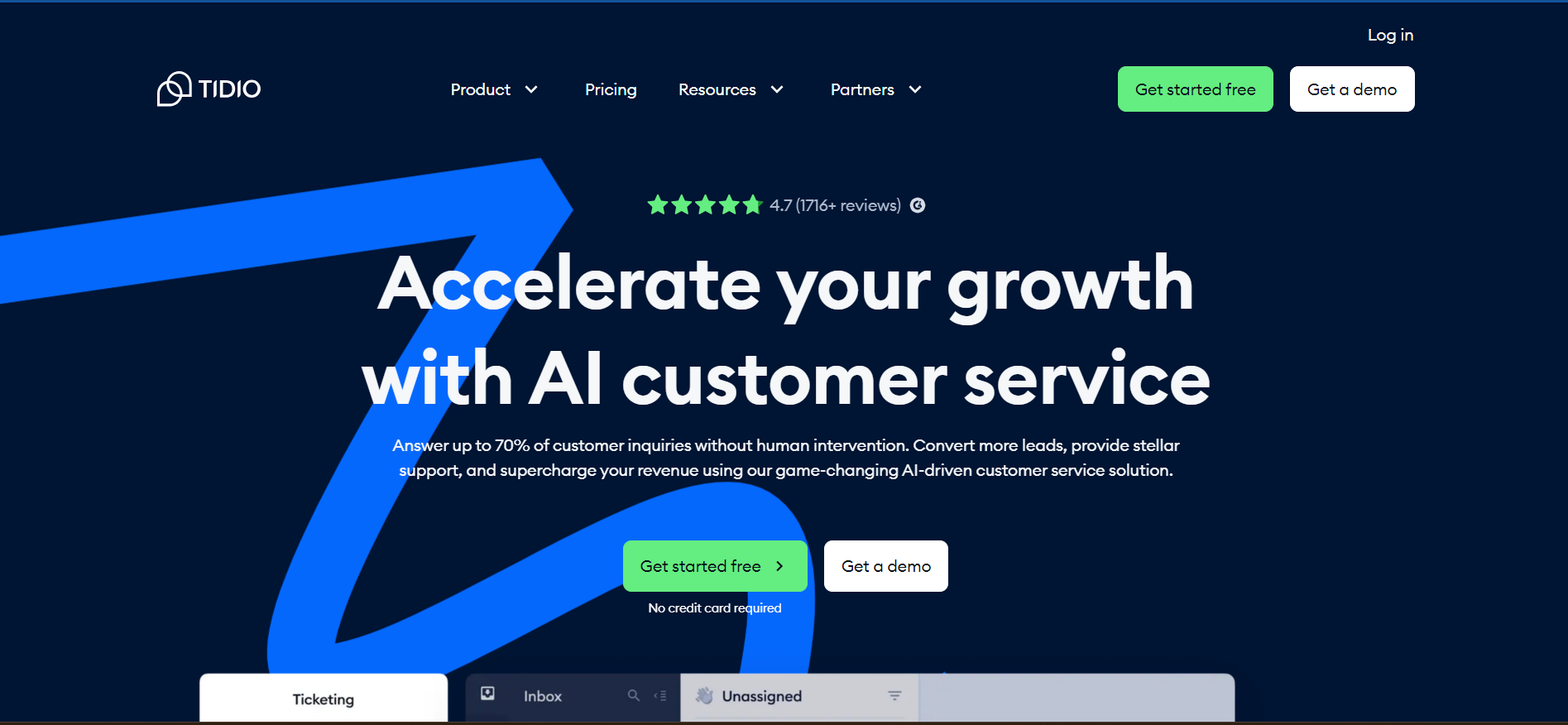 Tidio is an all-round customer communication software made for improving customer support and enhancing customer experience. Tidio support ecosystem combines a chatbot builder, live chat, helpdesk ticketing, multichannel support, an AI chatbot Lyro, email marketing automation, and more. Tidio can help businesses increase conversions, improve efficiency, and automate customer service while offering fast and efficient support.
Tidio is an all-round customer communication software made for improving customer support and enhancing customer experience. Tidio support ecosystem combines a chatbot builder, live chat, helpdesk ticketing, multichannel support, an AI chatbot Lyro, email marketing automation, and more. Tidio can help businesses increase conversions, improve efficiency, and automate customer service while offering fast and efficient support.
Tidio features include:
- No-code development platform
- Access to chatbot builders, AI chatbots, live chat, and helpdesk
- Support of 16 languages
- Integrations with all your tools and platforms
- Social media chatbots for Facebook, Whatsapp, and Instagram
6. Uniqode

Uniqode’s digital business card helps marketing and sales teams automate lead capture and contact sharing across in-person and virtual touchpoints. It integrates with CRM and marketing automation tools like HubSpot, Salesforce, and Zoho to instantly sync contact details, trigger workflows, and enrich lead data. Designed for teams and enterprises, it turns every interaction into an automated entry point for nurturing and engagement.
Key features of Uniqode’s digital business card include:
- QR-based digital cards for instant, contactless sharing
- CRM and marketing automation integrations
- Real-time contact syncing and lead enrichment
- Bulk card creation and team management dashboard
- Custom branding and design templates
- Analytics on views, shares, and conversions
7. Zonka Feedback
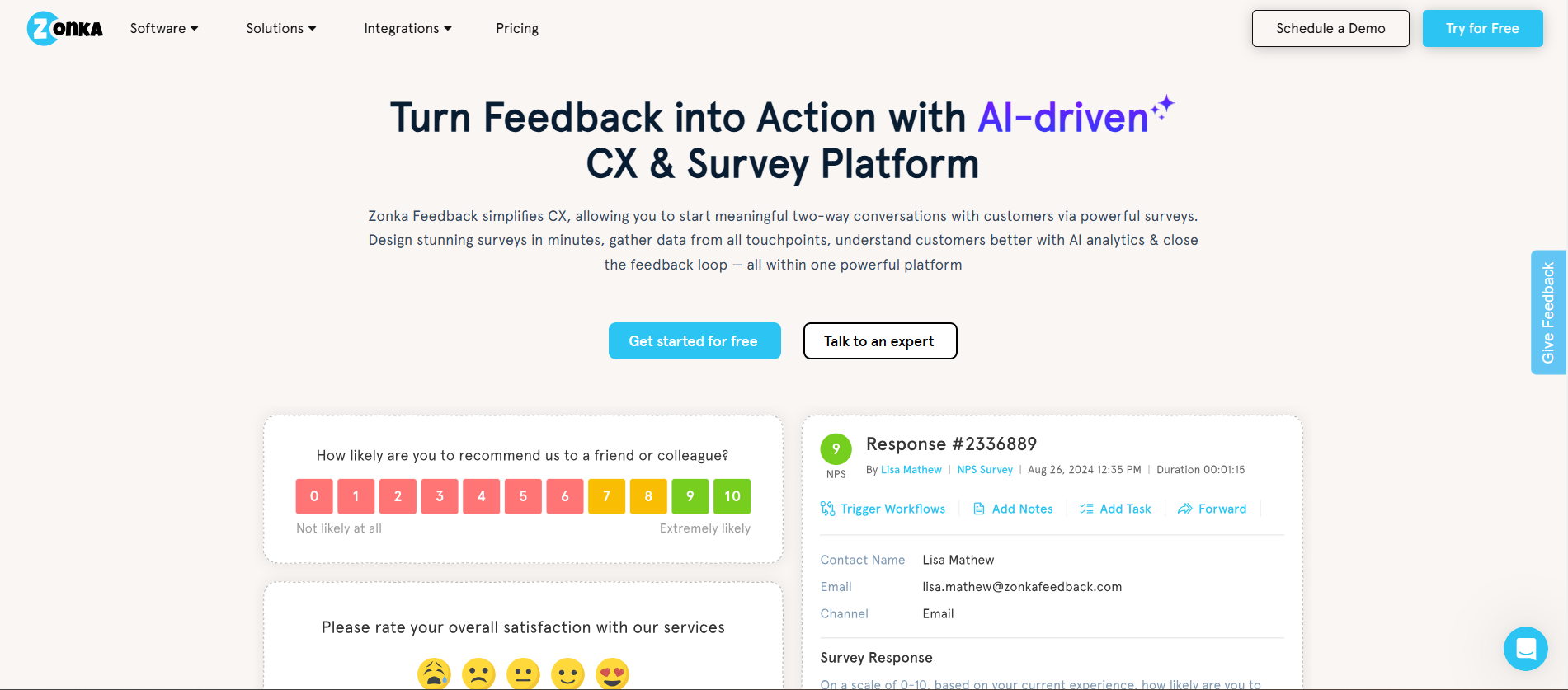 ZonkaFeedback is a cloud-based survey and feedback platform that helps businesses collect, manage, and analyze customer feedback across multiple channels, including email, SMS, web, and mobile apps. It provides a centralized dashboard for tracking feedback and customer interactions to improve satisfaction and loyalty.
ZonkaFeedback is a cloud-based survey and feedback platform that helps businesses collect, manage, and analyze customer feedback across multiple channels, including email, SMS, web, and mobile apps. It provides a centralized dashboard for tracking feedback and customer interactions to improve satisfaction and loyalty.
The platform automates feedback workflows, such as survey distribution, response follow-ups, and notifications, to streamline operations. Users can create custom feedback loops, automate actions based on responses, and segment feedback for personalized insights.
Other features of Zonka Feedback include:
- Real-time reporting and analytics
- Multi-channel feedback collection
- Survey automation and workflows
- Custom branding and themes
- Third-party integrations
Email marketing
8. Mailchimp
 Mailchimp is renowned for its simplicity and powerful email marketing features. It enables users to design visually appealing and engaging emails, automate campaigns, and analyze performance metrics.
Mailchimp is renowned for its simplicity and powerful email marketing features. It enables users to design visually appealing and engaging emails, automate campaigns, and analyze performance metrics.
While it’s primarily an email platform, Mailchimp also offers basic CRM functionalities, making it an excellent choice for small to medium-sized businesses seeking an easy-to-use solution for customer communication and relationship management.
Other features of Mailchimp include:
- Drag-and-drop editor
- Robust automation features powered by triggers or conditions
- Contact list segmentation and management
- A/B testing
- Detailed analytics and reports on email campaign performance
- Landing pages and forms for lead generation
- Social media and eCommerce platform integration
- Mobile app
9. ActiveCampaign
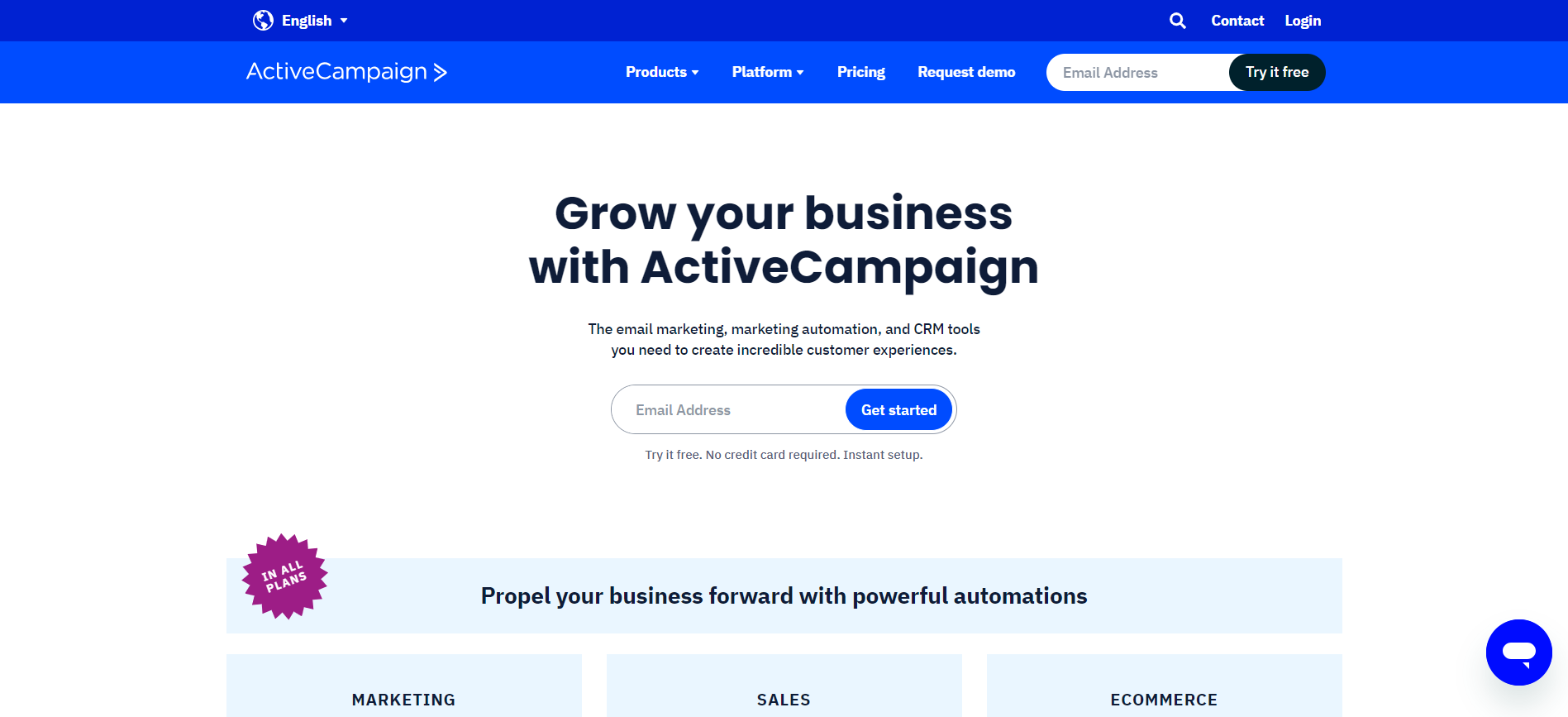 ActiveCampaign combines email marketing, marketing automation, and CRM into one user-friendly package. Its automation features are both powerful and accessible, allowing businesses to nurture leads, segment contacts, and automate marketing processes effectively.
ActiveCampaign combines email marketing, marketing automation, and CRM into one user-friendly package. Its automation features are both powerful and accessible, allowing businesses to nurture leads, segment contacts, and automate marketing processes effectively.
Some notable features of ActiveCampaign include:
- Drag-and-drop campaign creation
- Complex automation workflows
- Lead scoring and contact segmentation
- Built-in CRM system
- Site tracking
- Dynamic content
- SMS marketing
- Third-party integration
- Multi-channel marketing
Social media marketing
10. Buffer
 Buffer is a social media automation tool that simplifies content scheduling and posting across various platforms. It provides analytics to measure engagement and optimize posting times, making it a valuable asset for businesses aiming to enhance their social media presence.
Buffer is a social media automation tool that simplifies content scheduling and posting across various platforms. It provides analytics to measure engagement and optimize posting times, making it a valuable asset for businesses aiming to enhance their social media presence.
Some features of Buffer include:
- Support of multiple social media platforms
- Customized posting schedules
- Content calendar
- Social media analytics
- Social media collaboration
- RSS feed integration
- Browser extension
- Instagram direct scheduling
- URL shortening and tracking
11. Sprout Social
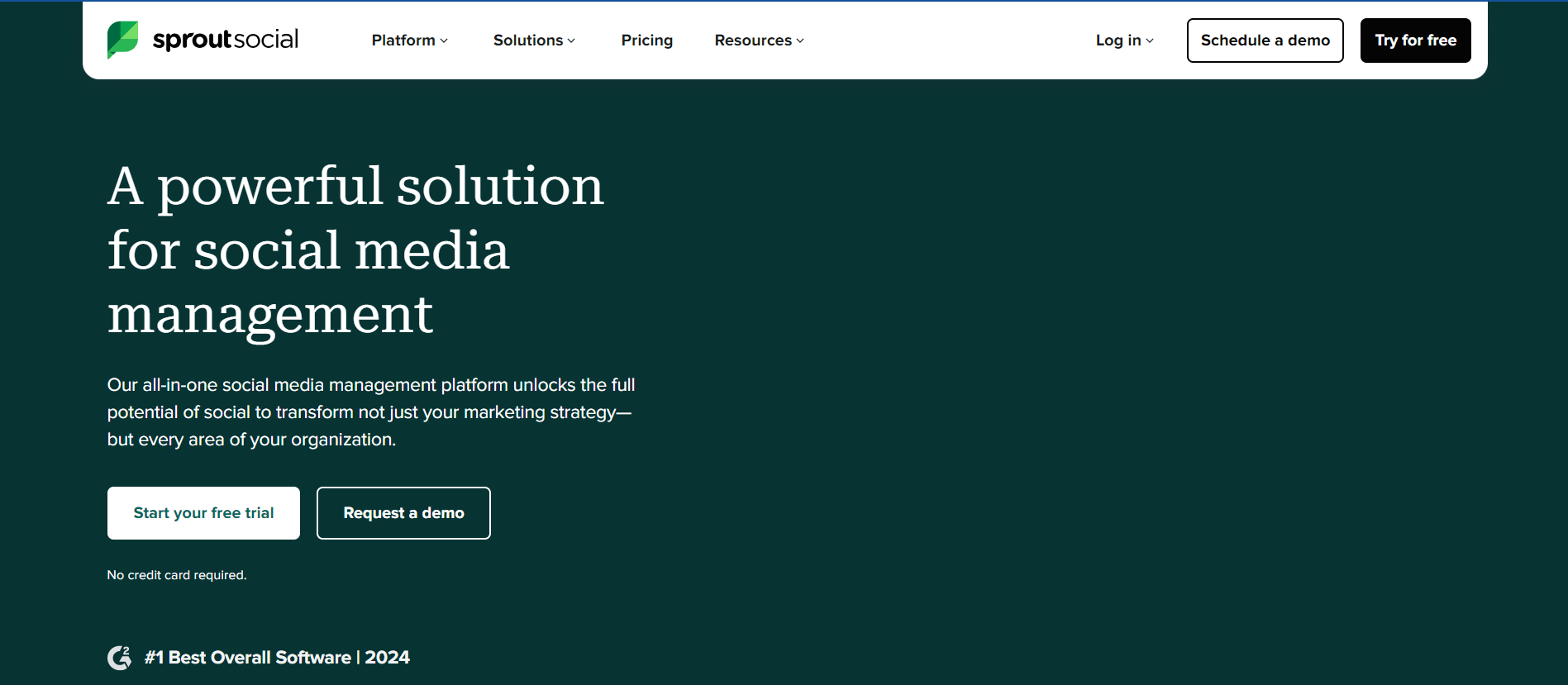 Sprout Social is a robust social media management tool that goes beyond scheduling and posting content. It offers in-depth analytics and engagement features, enabling businesses to monitor conversations, track performance, and manage social interactions effectively.
Sprout Social is a robust social media management tool that goes beyond scheduling and posting content. It offers in-depth analytics and engagement features, enabling businesses to monitor conversations, track performance, and manage social interactions effectively.
Some key features of Sprout Social include:
- Social listening tools to monitor brand mentions, keywords, and relevant industry trends
- In-depth social media analytics
- Engagement and inbox management
- Collaboration and approval workflows
- Social monitoring tools to find specific keywords, hashtags, or mentions
- Social CRM functionality
- Sentiment analysis tools to gauge the sentiment behind social media mentions
- Mobile app
- Virality and trend analysis
12. SocialPilot
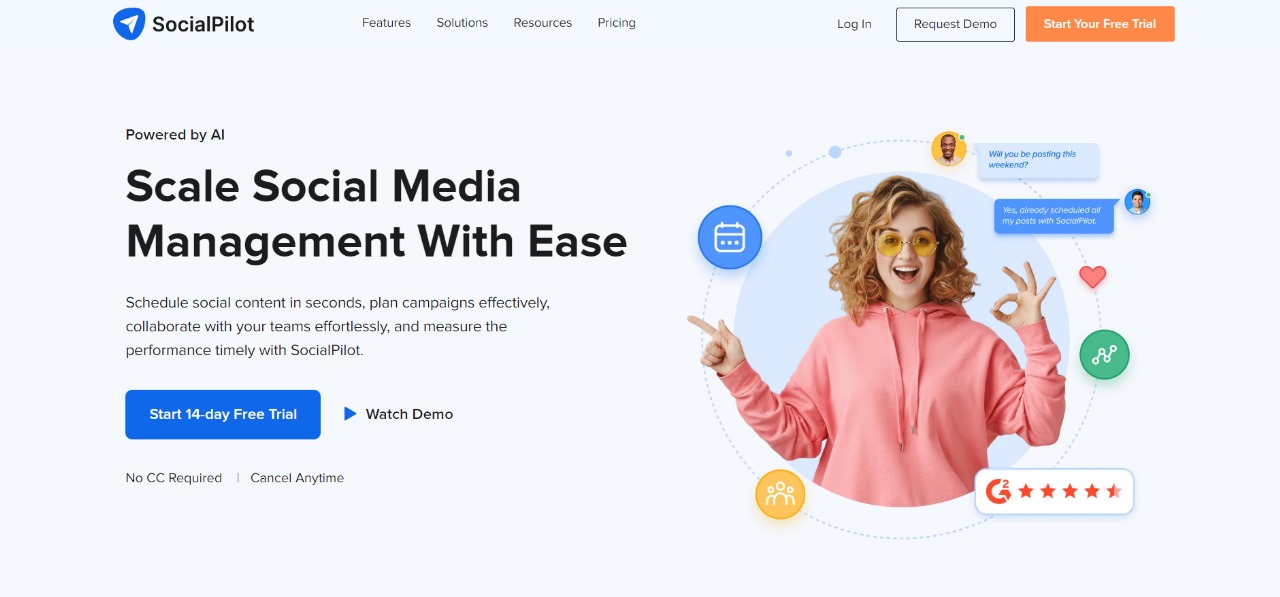 SocialPilot is a social media management tool that allows you to schedule posts across various social media platforms, collaborate with teammates, analyze performance, and manage all your social media interactions in one place. Additionally, its AI assistant helps you craft engaging posts by providing content suggestions and optimizing your messaging.
SocialPilot is a social media management tool that allows you to schedule posts across various social media platforms, collaborate with teammates, analyze performance, and manage all your social media interactions in one place. Additionally, its AI assistant helps you craft engaging posts by providing content suggestions and optimizing your messaging.
Some noteworthy features of SocialPilot include:
- Multi-platform Management
- Social Media Content Calendar
- Bulk Scheduling
- AI assistant for content creation
- Social Media Analytics
- Social Inbox
- Team Collaboration
- Canva Integration
- RSS Feed Automation
- Mobile App
- White-labeling
How to choose the right marketing automation tool
- Budget
The first question you ask yourself whenever you want to buy anything is, “Can I afford this?” It’s no different with marketing automation tools.
Before investing in a marketing automation tool, evaluate the overall cost of subscribing, renewing, and maintaining it. Also consider if you need to make in-app purchases or pay some fees for exceeding usage limits, integrating with third-party apps, or getting premium support.
Then, weigh these costs against the potential return on investment (ROI) that the tool can deliver. Consider how its features and capabilities contribute to revenue generation, lead conversion, and overall marketing efficiency.
If your budget can cover these costs and you can predict (to the best of your ability) when you’ll break even as per results, you can go ahead and invest. If not, consider a cheaper tool.
2. Ease of use
Some marketing automation tools have so many features and a convoluted interface that you have no idea what you’re looking at when you’re in the tool. This is not sufficient.
When choosing a marketing automation tool, pick one that has an intuitive interface that aligns with the technical proficiency of your marketing team. This reduces the learning curve and ensures that you use the tool efficiently.
3. Needs
One of the most important things you should consider when choosing a marketing automation tool is that your pick can do what you need.
If you want a social media scheduler, ensure that the tool you’re choosing can automate your social media schedule easily for you. If you’re going for an email automation tool, check that your pick can automate your drip campaigns and deliver content to your audience at the specified times.
Also, check the range of automation features the tool provides, including lead nurturing, workflow automation, and behavior-based triggers. The more comprehensive the automation capabilities, the more versatile the tool.
Pro tip: Take advantage of free trial periods and demos to test the tool’s functionality in a real-world scenario. This hands-on experience can help you assess whether the tool aligns with your expectations.
4. Integration capabilities
Since you’ll still be using other marketing tools alongside the automation tool you choose, ensure that your pick integrates seamlessly with your existing systems, such as your email platforms, CRM system, analytics tools, and other software in your marketing stack.
This way, you don’t have to switch tabs between different tools all the time, and the flow of data from one tool to the next is smooth.
5. Analytics and reporting
The only way to know whether your marketing efforts are working or not is to study your analytics. So when choosing a marketing automation tool, assess the tool’s analytics and reporting capabilities. It should provide actionable insights into the performance of your campaigns, key metrics, and user behavior. It should also provide customizable and easy-to-understand reports.
6. Customer support
No matter how tech-savvy you are, there might come a time when you’ll get stuck or encounter a problem while using a tool. Your best bet at that point is to get in touch with the tool’s customer support team to help you solve the issue. However, not every company has a responsive and helpful customer support team.
When choosing a marketing automation tool, test the quality of the customer support and the availability of training resources. A responsive support team and comprehensive training materials can be instrumental in solving problems and maximizing the tool’s potential.
7. Scalability
If your company is fast-growing, you’ll want to choose a tool that can scale with you, instead of switching tools when the one you’re using can’t handle increased workload. So consider the scalability of a marketing automation tool to accommodate your business growth. The tool should be able to handle an increasing volume of leads, contacts, and data without compromising performance.As we’ve seen, choosing the right marketing automation tool is crucial for the success of your marketing efforts. However, there are hundreds, if not thousands, of marketing automation tools in the market right now. Here are some key factors to consider when making a decision:
Automate your marketing efforts like a pro
Marketing automation tools have become indispensable assets for businesses aiming to enhance efficiency, personalize customer experiences, and drive tangible results in their marketing efforts. From email marketing and lead management to social media automation and analytics, the array of features offered by these tools is vast.
However, the successful implementation of marketing automation tools lies not just in the features they offer but in their alignment with business goals. So when choosing a marketing automation tool, pick one that has the best chance at helping you achieve your business goals.
Speaking of business goals, one of the most common goals of content marketing is building links. If you’re a SaaS company looking to build an impressive backlink profile, look no further than VH-info.
VH-info’s experienced team will build a strategy tailored to your specific needs—whether that looks like creating great content, guest posting on authoritative websites, or fixing broken links. Their strategic approach will help you enhance your online presence, improve your website’s authority, and drive targeted traffic to your site.
Bernard Aguila
Bernard Aguila is a brand ambassador and SEO Outreach Specialist at Omniscient Digital, a premium content marketing & SEO agency.
